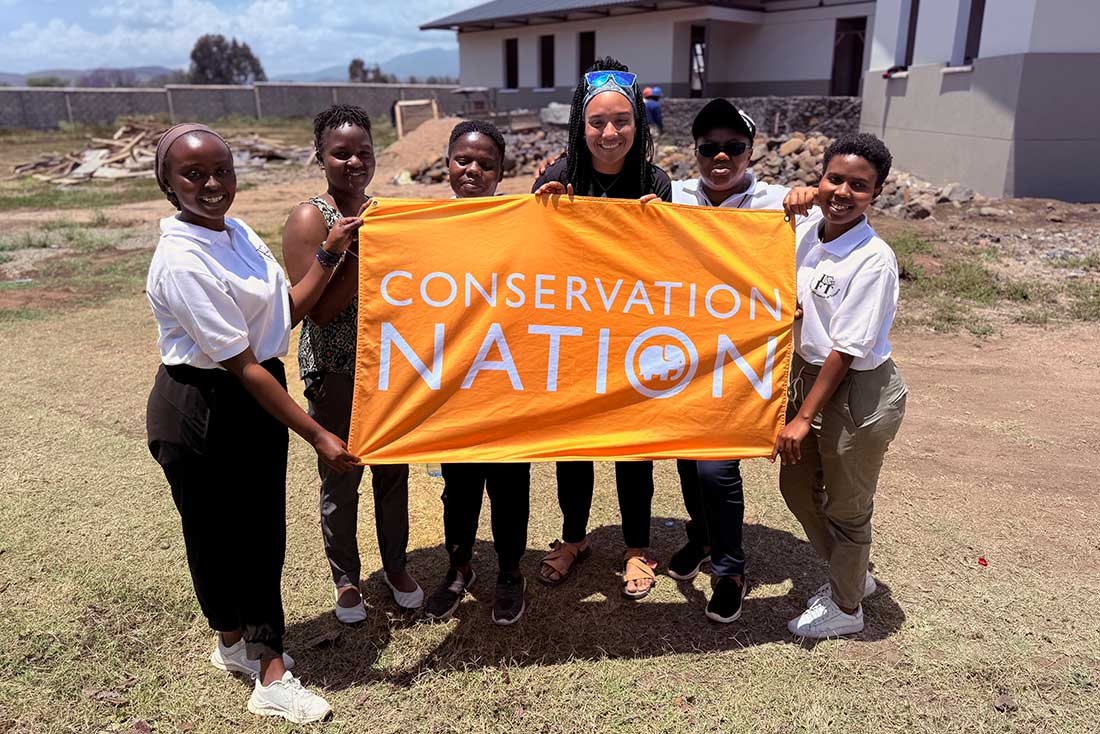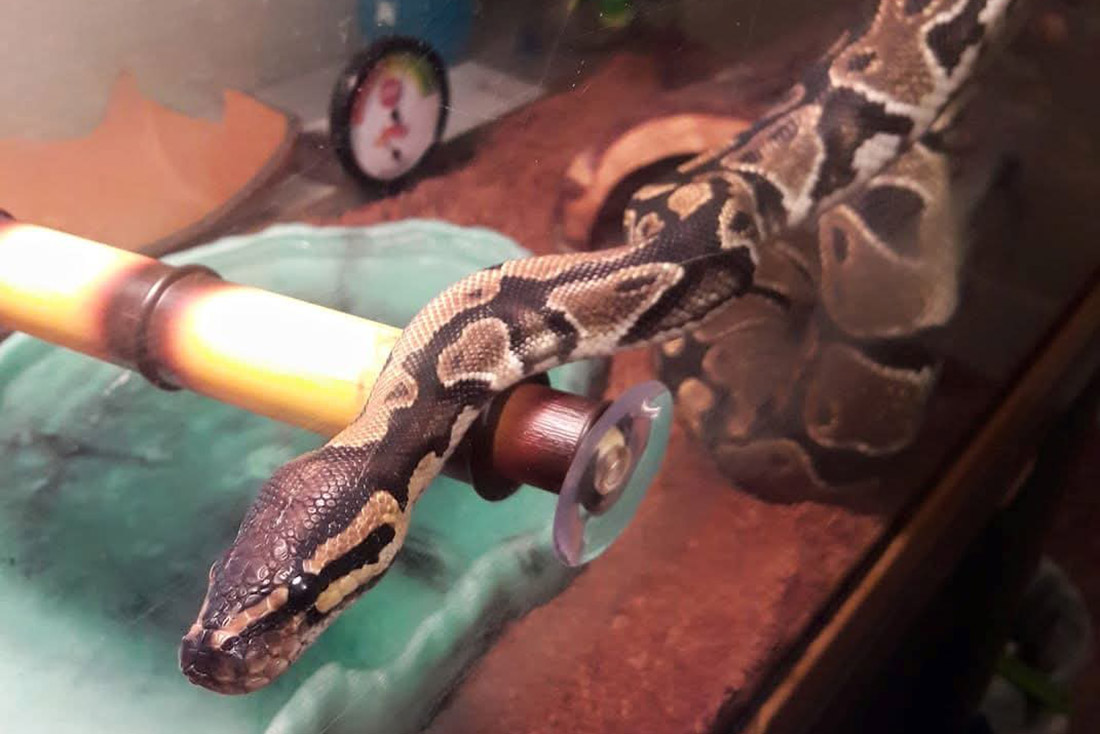Cirenia Torres is one of Conservation Nation’s 2021 emerging conservationist grant winners. Cirenia has an MS from USC. Her thesis was titled “Assessing the Connectivity for the jaguar (Panthera onca) in the United States-Mexico Border Ecoregions Using Species Distribution Modeling and Factorial Least Cost Path Analysis.” She has a microbiology, ecology, and evolutionary biology background. She has experience in biodiversity conservation projects collecting samples and analyzing DNA samples in a genomics lab. In Costa Rica, she participated in a wildlife monitoring study, which involved collecting various types of evidence and setting up camera traps. In Los Angeles, she participated in a connectivity study setting up and checking camera traps. She is interested in spatial analysis, spatial modeling, remote sensing, spatial databases, and using GIS tools for biodiversity conservation. She is currently working on mammal connectivity research for biodiversity conservation. In the future she would like to obtain a PhD and become a conservation biologist.
Assessing the Connectivity for Co-distributed Mammals
The aim of this study is to identify areas in the U.S. and Mexico that would disrupt connectivity for species that may be sensitive to new border barriers and roads. To accomplish this goal, core habitat areas and corridors for eight medium-to-large mammals found in the border ecoregions and surrounding ecoregions will be identified. It is important to find out how new border barriers affect connectivity for mammals since existing and new border barriers can disrupt migration, dispersal, and adequate gene flow. The findings can help with management decisions for biodiversity conservation efforts in these border ecoregions and surrounding ecoregions.









